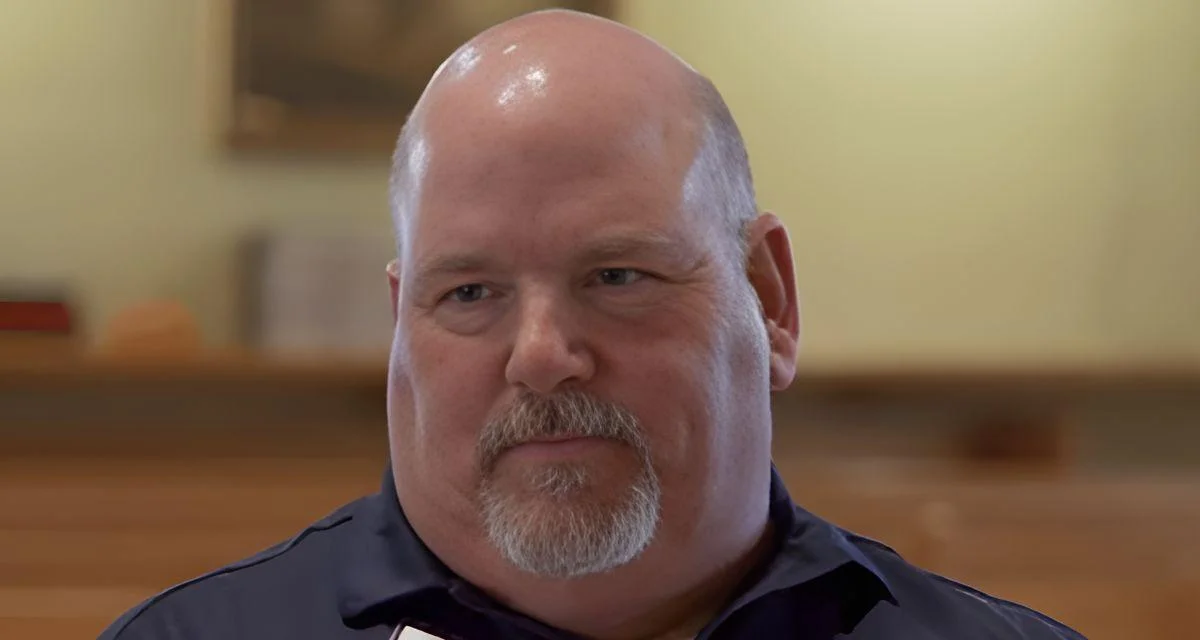During offertory at a church in Austin, Texas, United Church of Christ Minister for Economic Justice Rev. Seth Wispelwey described how youth would collect food donations with a grocery cart alongside financial offerings. This practice was intended to show that pooling and sharing resources is central to the church’s ministry.
Wispelwey stated that churches are “already, whether they know it or not, mutual aid networks.” As Labor Day approaches, he is encouraging congregations to embrace this idea through participation in Labor Sunday. To support this, new Labor Sunday liturgy and resources have been released, including readings, hymns, and prompts. While Labor Sunday is marked on the UCC calendar as the Sunday of Labor Day weekend, congregations can choose another date if needed.
He noted that some churches already observe Labor Sunday but hopes that renewed attention and additional resources from the National Setting will encourage broader participation.
One resource highlighted for Labor Sunday is a partnership with the AFL-CIO’s Labor in the Pulpit program. According to Wispelwey, this initiative connects faith communities with union leaders who can speak during services around Labor Day weekend.
In an Aug. 7 webinar titled “Revitalizing Labor Day Sunday,” Wispelwey discussed various ways churches can engage more deeply in economic justice work. He suggested starting with discipleship and education using this year’s All Church Read, "Building Up a New World," which includes curriculum and worship materials.
For congregations looking to take further steps, Wispelwey recommended evaluating practices such as paying employees a living wage, purchasing union-made goods, or sourcing produce through programs like the Immokalee Workers Fair Food Program.
Congregations seeking greater involvement were encouraged to support local labor movements. Wispelwey shared an example of a Chicago church delivering sandwiches to workers on strike at a tortilla factory.
He provided his definition of mutual aid: “Mutual aid is an organizational model where voluntary, collaborative exchanges of resources and services for common benefit take place amongst community members to overcome social, economic, and political barriers to meet common needs,” he said. “What I heard in that definition is ‘church,’ or what church can be and understand itself to be. We are organizing bodies … When we locate ourselves as a source of mutual aid and power, we can leverage so much more.”
Wispelwey described Labor Sunday as an opportunity for congregations to begin engaging with these ideas.
Labor Sunday worship resources are available online through the United Church of Christ website along with recordings such as the “Revitalizing Labor Sunday” webinar and other economic justice materials.
 Alerts Sign-up
Alerts Sign-up





